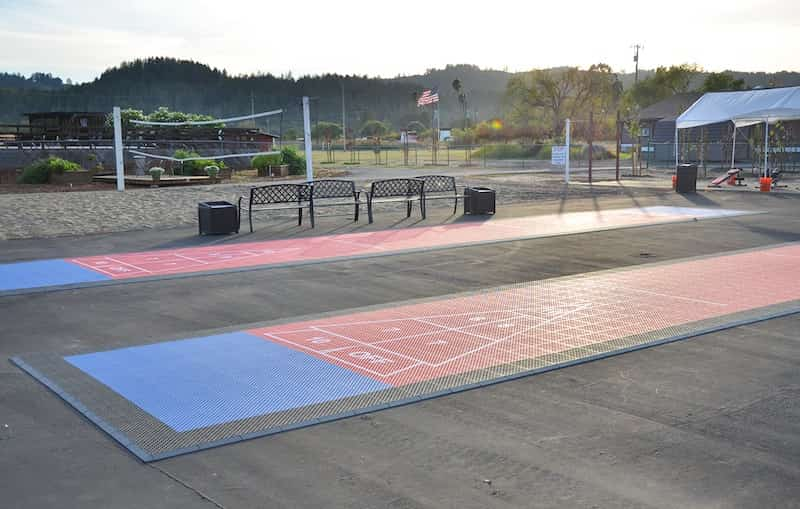If you’re struggling with any kind of addiction, it can be hard to find a recovery program that will best suit your needs. You want something that’s going to work, but if you’re a working professional or someone with various responsibilities, it can be difficult to find a program that will fit your schedule and daily lifestyle. Simply put, you may not have the time necessary to commit to an inpatient treatment center or other more intensive programs.
Understanding Dialectical Behavior Therapy
A treatment component worth considering is DBT skills training. DBT stands for dialectical behavior therapy.
At its core, DBT for substance use disorder treatment includes joining two opposing concepts: acceptance and change. Many types of therapy put more focus on one over the other, but DBT links the two, promoting the idea that together they can lead to a richer, fuller outcome. With any addiction, acceptance is a cornerstone of recovery. You need to be willing to accept that you have a problem, and where your life is right now. In addition to acceptance, though, DBT emphasizes change. Although acceptance is crucial, having a desire to change and a belief that you can work harder than you are to get the life you want is what balances DBT. It’s a constant, simultaneous balance: accepting where you’re at, but working to change what’s ahead.
Utilizing a DBT Therapist
Change is put into action by setting various behavioral targets. In DBT skills training, we will help you set goals for yourself so that you’re constantly moving toward change. For example, at first, a behavioral target might be to focus on how you relate to yourself. Instead of seeing yourself as A, B, or C, you’ll set a target to change that. As you move along in the group, the targets will change. Rather than focusing on behaviors that you want to stop, you’ll choose behaviors that you want to gain and enhance.
Targets and goals are often discussed in DBT. For anyone with an addiction, it’s important to know that you’re not currently living your best life. In DBT, you’ll dig deeper and discuss what you want your future life to be like. By setting clear targets, it’ll be easier for you and your therapist to gauge your progress. DBT is not simply a “stop your addiction” program. It goes beyond that. Your counselor and skills group will not only help you with your addiction, but they will also guide you as you work toward the life you’ve always wanted to live, one step at a time.
Approaching Treatment Differently
While other treatments can take up days and weeks of your time, DBT skills training only takes a couple of hours a week. It’s important for you to be able to apply the changes you’re learning, whether at home, work, school, or anywhere else. DBT was designed with the individual in mind, knowing that if you’re going through recovery, it’s important for you to be able to see the progress you’re making along the way.
In whole, DBT is about understanding that your best days are ahead of you.























